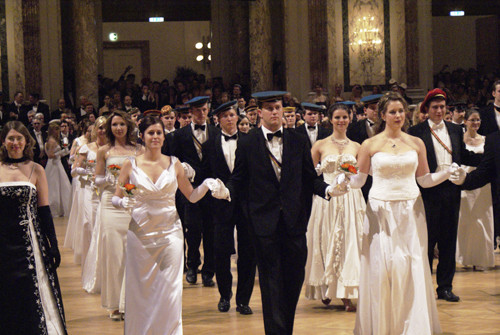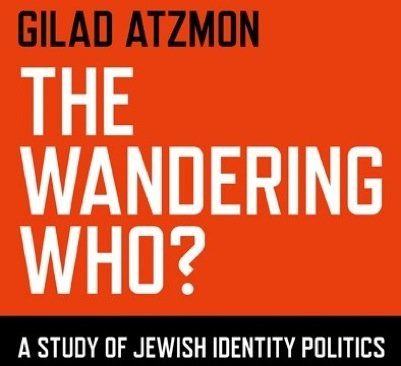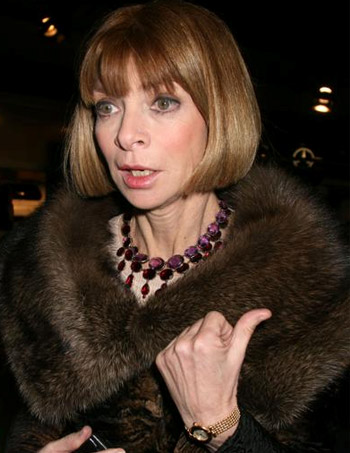Sheldon Adelson: Israel and Immigration
VDARE.com’s Patrick Cleburne has a nice article on Sheldon Adelson (“Has Romney Sold Immigration Policy To Sheldon Adelson?“), the billionaire who has emerged as the largest single donor in the current presidential campaign, promising up to $100 million for the Republicans. After supporting Gingrich in the primaries, Adelson has thrown his considerable weight behind Romney. We all know what that money buys: fealty to Israel. Throughout the campaign, Romney and Gingrich competed on who would be more slavish to Israel; Gingrich must have seemed slightly more reliable to Adelson, but Adelson must have been impressed with Romney as well.
There is no question about Adelson’s support for the most racialist and nationalist elements in Israel. Adelson owns an Israeli newspaper that supports PM Benjamin Netanyahu’s hard right Likud government. And there can be little question of where his loyalties lie. He has stated that he wishes he would have served in the Israeli military rather than in the US Army, and that he wants his son to grow up to “be a sniper for the IDF.”
All we care about is being good Zionists, being good citizens of Israel, because even though I am not Israeli born, Israel is in my heart. … All we care about is being good Zionists, being good citizens of Israel, because even though I am not Israeli born, Israel is in my heart,” he said toward the end of his talk.
I was surprised to read that Senator John McCain, referring explicitly to Adelson, complained that foreign money is entering the US presidential election race. This seemed too good to be true, and it was. It turns out that he was only making the point that a lot of Adelson’s money comes from his casino operations in Macau. What McCain should have been saying loud and clear is that Adelson is for all practical purposes a citizen of Israel with no demonstrated loyalty to the US and that he should not be allowed to influence the US political process.
But he won’t. Read more







